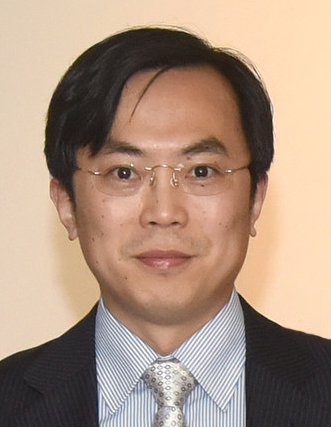
By Professor Andy Song, RMIT University, Australia
Generative Adversarial Networks (GAN) are well known for their capability of generating photo-realistic images or data collections that appear real. One of state-of-the-art approaches in GAN is Evolutionary GAN (E-GAN) which can outperform other GAN methods by leveraging the advantages of evolutionary computing, including population based search, mutation and elitism operators. Evolutionary search is often demanding in terms of resources, e.g. computational power and time. That limits its applicability when resource is limited. Partial Transfer learning can improve the efficiency of E-GAN. With the method, the training of generators and discriminators can be achieved with smaller data sets as features can be transferred across different stages of training. Besides the improved performance, it requires less resources to achieve a similar performance as E-GAN. Through partial transfer learning we can speed up generative adversarial learning.
Biography:
Andy Song is an Associate Professor at the School of Computing Technologies, RMIT University. He is the associated director of the Centre for Industrial AI Research and Innovation. His research interests include evolutionary computing, machine learning and machine vision, especially EC based learning for solving complex real-world problems, such as texture analysis, motion detection, activity recognition, event detection, and optimisation. He has been active in establishing cutting-edge techniques, which integrate machine intelligence, mobile and crowd sensing, to benefit transportation, logistics and warehouse industry. He collaborates with a wide range of industry partners. He has received multiple awards for his research works, including the prestigious Australian iAwards. He regularly publishes his papers in top evolutionary computing and AI journals and conferences. He serves in several several journals and committees. He was one of the local chairs of IJCAI 2017. He is the secretary of the National AI Committee of Australia, a knowledge partner of OECD, a taskforce member of B20 and the AI directors of a few companies.